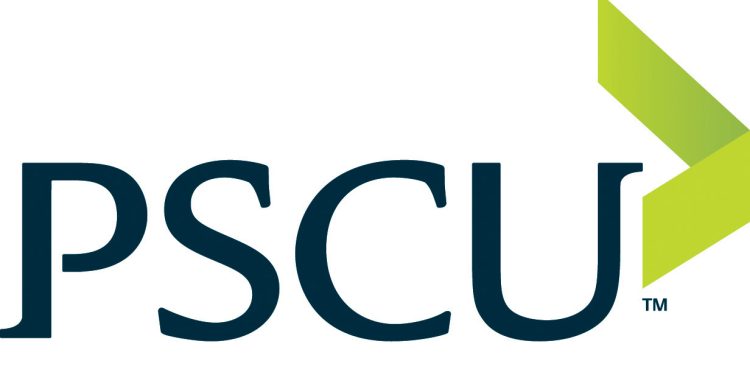Today, PSCU – the nation’s premier payments credit union service organization (CUSO) – published the October edition of the PSCU Payments Index, the goal of which is to provide information and insights to help financial institutions make informed, strategic decisions on the road ahead.
In this month’s iteration, PSCU focuses on the combination of optimism and uncertainty within the U.S. economy – and the related effects within the payments industry. With COVID-19 hospitalizations on the decline and new non-vaccine-based medicines on the horizon, consumer spending remains strong as we enter the holiday shopping season. Yet, there is increased uncertainty as labor and supply chain shortages, as well as surging fuel prices, are projected to impact ongoing economic recovery. Even as consumers appear ready to buy, they are often challenged to buy products, leading some of the biggest U.S. retailers to charter their own cargo ships to speed goods to market. The study looks at the impact of these forces and takes a deep dive into credit card delinquencies, which have declined throughout the pandemic, aided by government stimulus funds.
“Consumer spending remained strong throughout September, once again adapting to the changing environment despite continued declines in consumer confidence,” said Jack Lynch, SVP, Chief Risk Officer and President, CU Recovery. “As we have been reporting on the drop in credit card balances, we now look at credit card delinquencies in this month’s Deep Dive, where notable declines have coincided with government stimulus payments throughout the pandemic. While still currently well below pre-pandemic levels, overall delinquency rates tend to increase historically toward year end. We will continue to closely monitor additional impacts of the sunset of most forbearance accommodations, as well as spending trends as we begin the holiday shopping season.”
A sampling of key takeaways from the September report includes:
- Consumer spending remained strong for both credit and debit purchases, while concurrent declines were reported in the September Consumer Confidence Index, dropping for the fourth consecutive month.
- Inflation remains elevated as the CPI-U for September increased slightly to 5.4% year over year, representing an increase from the August result by 0.1%. This is a 13-year high, with notable increases in food, shelter, new car prices and home furnishings.
- Finding staff remains a top concern. The unemployment rate fell to 4.8% in September, with strong growth in wages as data shows available workers are being paid a premium. The economy grew by 194,000 jobs in September, far less than what was anticipated and fewer than the 366,000 added in August.
- Credit card delinquencies have declined through the COVID-19 pandemic, influenced by the three stimulus/recovery payments, and are now 61 basis points lower than 2019 pre-pandemic delinquency rates. The September 2021 overall credit card delinquency rate was 1.30% and has been slowly rising since June.
- Consumer credit scores are on the rise. Aided by lower credit card balances and lower credit card delinquencies, overall FICO credit scores for our fixed population for September 2021 was 737, seven points higher than pre-pandemic September 2019. Younger demographics benefitted most from the improvement, with Younger Millennials (25-32 year-olds) posting a 12-point improvement compared to September 2019 at an average credit score of 705.
- Amazon has officially started the holiday shopping season with sales beginning on October 4 – even earlier than 2020, when Amazon’s Prime Days sale shifted from the summer to October 13-14. Other retailers are following suit, influenced by continued supply chain shortages for both labor and products, as they hope to boost holiday sales in an economic environment with elevated consumer liquidity.
The full report is available for download here or can be shared as a PDF upon request. Additionally, feel free to subscribe here to receive updates when the PSCU Payments Index is published each month.










